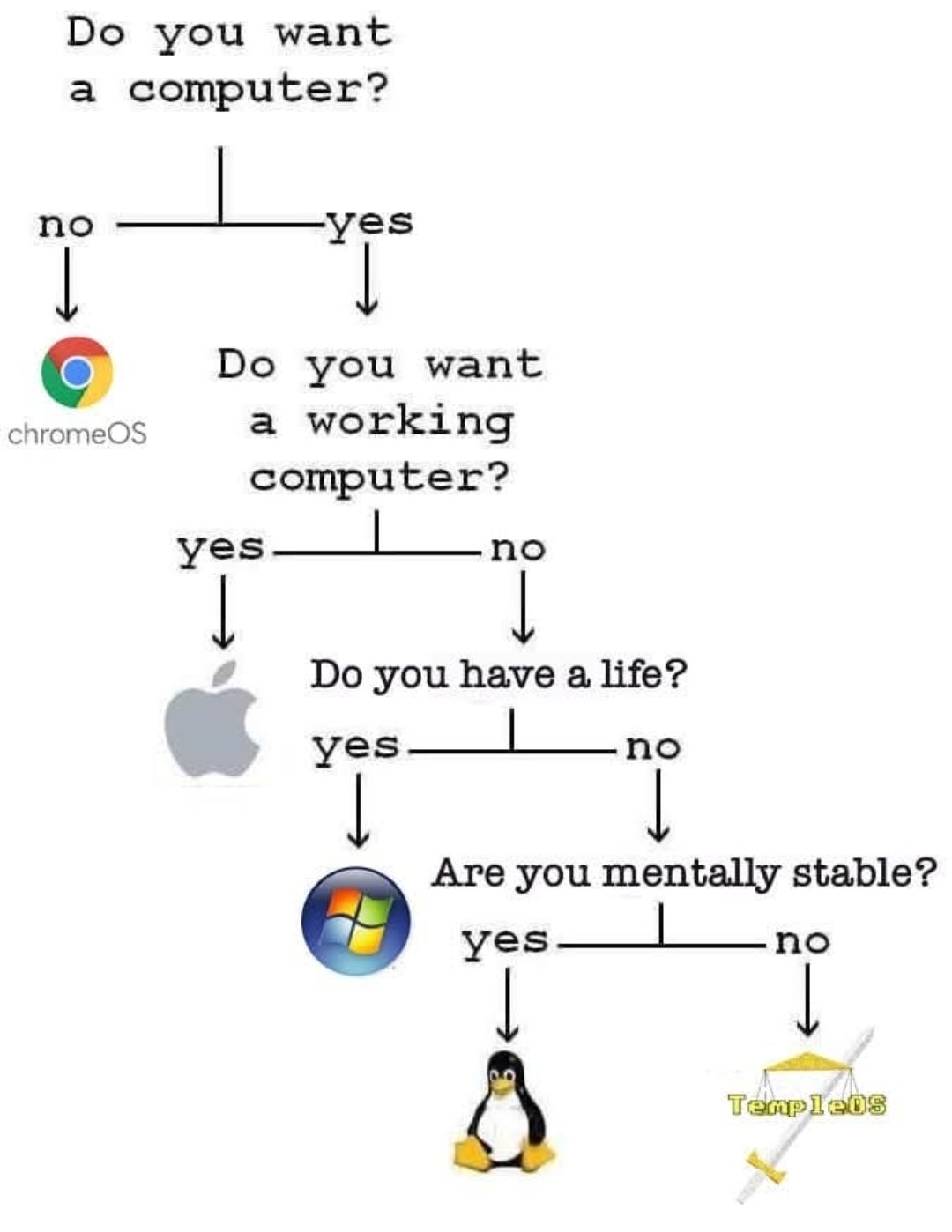this post was submitted on 21 Dec 2024
296 points (70.6% liked)
196
17924 readers
485 users here now
Be sure to follow the rule before you head out.
Rule: You must post before you leave.
Other rules
Behavior rules:
- No bigotry (transphobia, racism, etc…)
- No genocide denial
- No support for authoritarian behaviour (incl. Tankies)
- No namecalling
- Accounts from lemmygrad.ml, threads.net, or hexbear.net are held to higher standards
- Other things seen as cleary bad
Posting rules:
- No AI generated content (DALL-E etc…)
- No advertisements
- No gore / violence
- Mutual aid posts are not allowed
NSFW: NSFW content is permitted but it must be tagged and have content warnings. Anything that doesn't adhere to this will be removed. Content warnings should be added like: [penis], [explicit description of sex]. Non-sexualized breasts of any gender are not considered inappropriate and therefore do not need to be blurred/tagged.
If you have any questions, feel free to contact us on our matrix channel or email.
Other 196's:
founded 2 years ago
MODERATORS
you are viewing a single comment's thread
view the rest of the comments
view the rest of the comments

It's an amazing piece of technology made as a hobby project by the absurdly talented Terry Davis. He gradually lost his world, house and evetually his life to debilitating mental illness, so it makes me sad to see posts like this using "mentally unstable lol" as a punchline.
So .. no updates?
Fork it!
I agree it's in poor taste to make fun of his mental health issues but calling TempleOS a "hobby project" is burying the lede a little...
Temple OS is an impressive feat for a lone dev, no argument there, but it is hardly an amazing piece of tech because of it. It is a barely functioning skeleton OS that looks like it was made in the eighties. There's only the barest minimum of token apps available and there's a breaking lack of basic features. The main selling point is of course the bible-related crap but that hardly makes it "amazing tech" or even unique.
This makes me suspect that what you are actually defending is christianity and you take affront to the use of a christian symbol to exemplify mental illness. Sure, the dev had issues, but how many people knows this? Luckily you are here to point out that it is the dev that was mad, his christian OS is a fine thing actually and has nothing at all to do with madness. Please use Ubuntu Satanic edition to convey madness in future memes.
I am not going on this creative adventure with you, sorry.
For anyone else reading: The OS was originally called "LosethOS" as in "lose the OS" and was a personal project in exploring how powerful a personal computer really is if we take away modern abstraction layers. The OS had some cool concepts of a raw C shell integrated directly with programs, and inline "SVG-like" code comments, and more.
It was not something you could deploy for daily use or production environments, but it was a power flex on what is actually possible, and made a lot of us in tech reconsider whether some of the abstraction layers we take as "automatic" actually help us more than they slow us down and make our power bills go up.
The core ideas are still found in things like CollapseOS today. Not sure if the inspiration is direct or indirect, but it is still cool.
Him renaming it TempleOS came later, when he was already deep in struggles. It derailed the core interesting parts as far as I was concerned, but it helped him find meaning, which I don't hold against him.